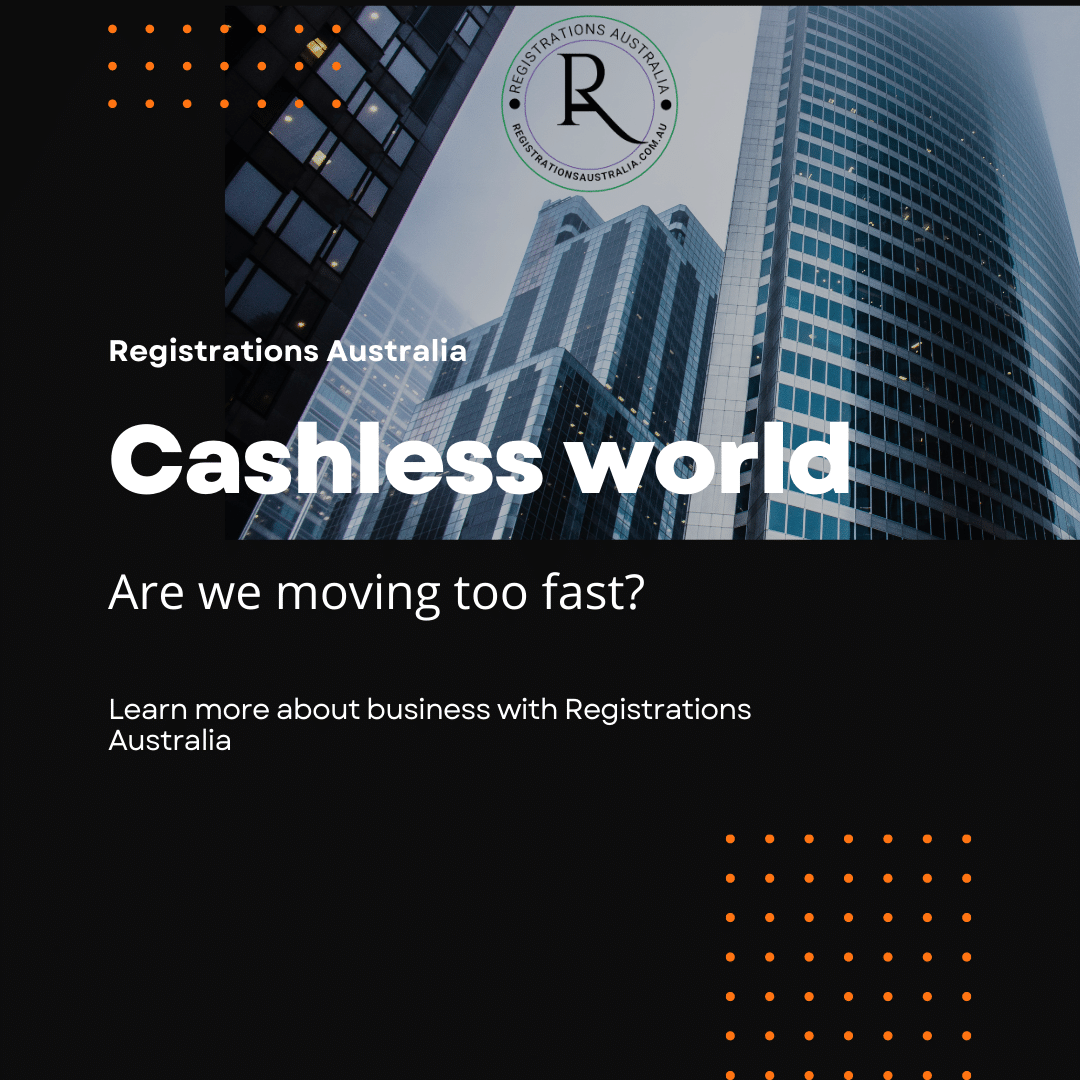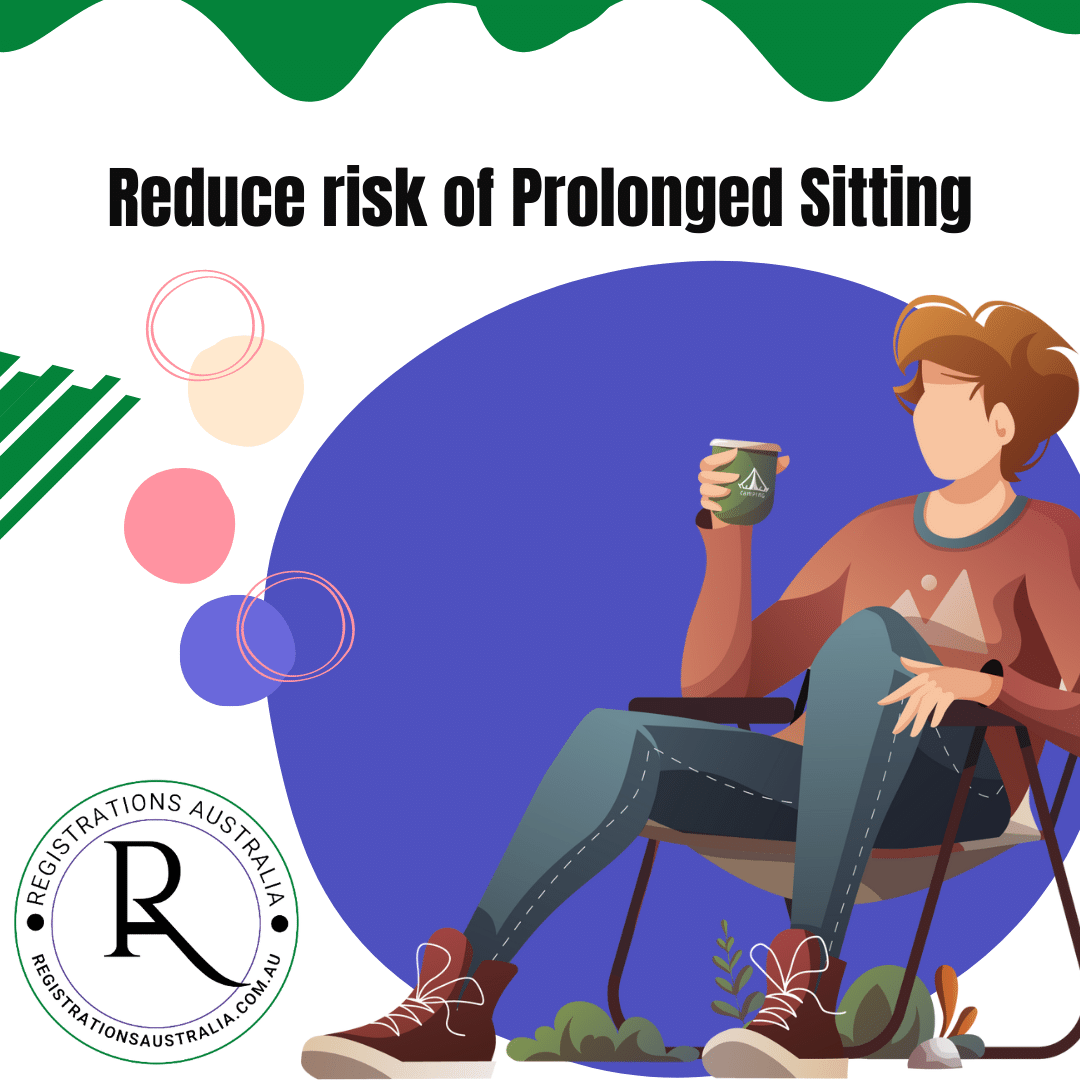27 Apr, 2022
Is the New Reality a Cashless World? This article looks at global payment patterns and the advantages and disadvantages of a cashless economy. It also offers case studies on India and Sweden. Cashless Transaction A cashless transaction is a transaction that takes place between two persons, businesses, or organizations via an automated or online process. A digital transaction is a cashless transaction in which the transaction is completed without paper. Digital transactions include buying things from e-commerce websites, executing business contracts online, and even buying movie tickets through your smartphone app. Such operations are more precise, faster, convenient, and less complicated. Many people refuse to acknowledge that there are advantages to a cashless transaction because they cannot traverse digital gadgets or prefer to deal with cash. Continue reading to learn about various cashless transactions that make day-to-day trading easier. Global examples of a cashless world In 2014, global non-cash transaction volumes reached 387 billion, an increase of 8.9% from the previous year. The growth in developing countries was nearly 17 percent, compared to 6 percent in established markets, which accounted for most of the increase. Mobile card readers, electronic networks for processing high volumes of credit and debit transactions, and digitized private currencies have all posed a threat to cash's dominance in recent years. Since 2010, cards, particularly debit cards, have been the fastest-growing payment tool among established alternatives to money. In the meantime, check usage has been steadily declining for the past thirteen years. Although currency will continue to be used for the foreseeable future, several countries are moving toward a cashless society. Sweden has long been a proponent of cashless transactions, and the EU has placed limits on large cash purchases. China ranked fourth in terms of non-cash transaction volume in 2014, trailing only the United States, Eurozone, and Australia. According to financial analysts, eCommerce in China will be worth more than eCommerce in the United States, Japan, Germany, and France combined by 2020. Pros and cons of a cashless world In these cashless times, everyone must understand what a cashless economy is and its advantages and disadvantages. We'll go over the benefits and drawbacks of this cashless economy in this essay. Pros Reduced Crime Rates Carrying cash makes you a high-value target for thieves. It will be impossible to track your money or show that it is yours once it has been removed from your wallet and placed in a criminal's wallet. According to a study conducted by American and German academics, crime in Missouri decreased by 9.8% after They replaced cash welfare benefits with Electronic Benefit Transfer (EBT) cards. Paper Trails Created Automatically Similarly, in a cashless society, financial crime should disappear. Cash is commonly used in unlawful activities, such as illegal gambling or drug trafficking, because there is no transaction record, and the money is easier to launder. Money laundering becomes far more complicated if the source of funds is always known. When every payment you get is recorded, it's more difficult to hide income and evade taxes. Payments Across Borders Have Been Made Much Easier You may need to exchange your dollars for local currencies while traveling. If you're traveling in a country that supports cashless transactions, you won't have to worry about how much local money you'll need. Instead, your mobile device takes care of everything. Cons Privacy is sacrificed in digital transactions. Electronic payments do not have the same level of privacy as cash payments. You can spend and receive money anonymously with cash. You may have nothing to conceal or trust the organizations handling your data. The more information floating around online, the more likely it falls into the wrong hands. Hackers Pose a Threat to Cashless Transactions Hackers are the electronic equivalents of bank robbers and muggers. You're more vulnerable to hackers in a cashless culture. If you are targeted, and your account is emptied, you may not have any other options for spending money. Even if you're covered by federal law, restoring your financial position after a breach will be inconvenient. Technology may limit your ability to access funds. Glitches, outages, and unintentional errors can all cause problems, leaving you unable to buy what you need when you need it. Similarly, when systems fail, merchants are unable to take payments. In some ways, even something as basic as a dead phone battery might leave you "penniless." Security fears in a digital transaction world System safety Only an authorized person can access a program or software, making it secure. To maintain a system secure, the developer, the moderator during system support, and the user during system use should all be held accountable. People should use firewalls, encryption, biometrics, password protection mechanisms, and other countermeasures to defend a system from various attacks. Network safety A network is only secure if a network administrator manages it. The types of network security include firewalls, e-mail security, malware protection, network segmentation, access control, application security, behavioral analytics, data loss, and intrusion prevention, Virtual Private Network (VPN), and online security. Policies and practices that prevent and monitor unauthorized access, misuse, modification, or denial of a network and network-accessible resources should be enacted to preserve network security. Provisions of the law Another option to secure digital transactions is to draft and enforce strong digital transaction legislation, laws, rules, and regulations at the national and international levels. People are constantly dealing with the problems of contested transactions because no specific regulations or acts address digital transactions with non-financial institutions. Service providers and consumers could be held liable for safe digital transactions under legal laws. Anti-money laundering and counter-financial-terrorism legislation are also required. Financial and digital literacy Financial literacy refers to the capacity to comprehend and implement a variety of financial abilities, such as personal financial management, saving and investing. Digital literacy, on the other hand, refers to a person's capacity to access, assess, and generate understandable information using writing and other media on a variety of digital platforms. Along with sufficient financial knowledge, users should understand how to use a computer or mobile applications and networks to conduct secure digital transactions. As a result, service providers should simultaneously implement financial and digital literacy initiatives to educate their clients about secure digital transactions. Conclusion Certain firms would gain the most from a cashless society. While some people prefer debit and credit cards to cash because they are more convenient, businesses benefit from processing fees when customers use their apps and services to send and receive payments. Because handling currency is costly, companies would save money, and transactions will be easier to track if they switch to cashless payments.


































